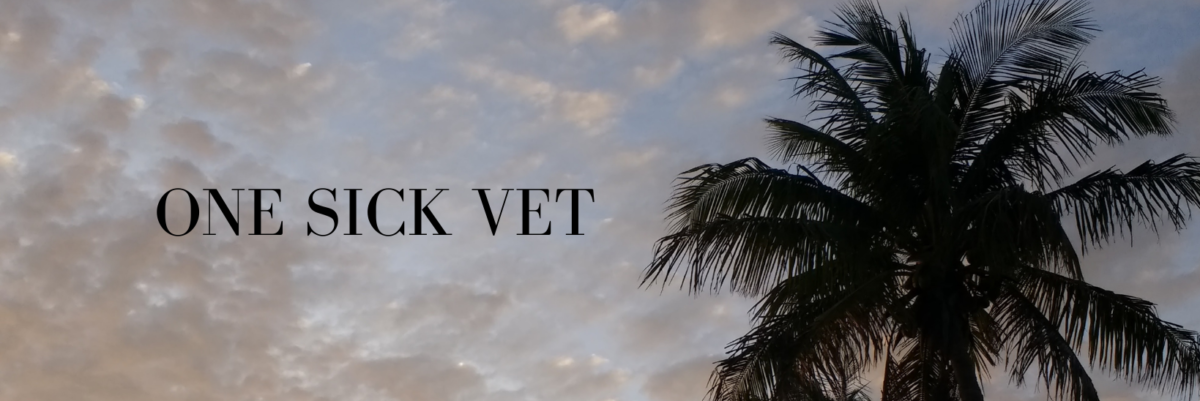
Previously, I spoke about becoming a critical consumer of health information. Today I read an article at U.S. News that adds another element to the discussion – the element of celebrity health advice.
As the article points out, most celebrities are not medically trained, nor are they experts in health science. Neither are we. So we often listen to celebrities because we are familiar with them, and they’re good at getting their message across.
Sometimes, we don’t even know where the health information we’re hearing originated from. A friend tells us. Then we hear it from our mail carrier, barista, or barber. If we hear the same health advice from many acquaintances, we start to believe it. But that doesn’t mean it’s true (or scientifically proven).
I am beginning to read more frequently the argument that scientists and health experts are not as good at getting their health information out to the public as celebrities and other sources are. I tend to agree that they could be much better at this.
In the Information Age, the traditional academic and scientific methods of distributing information are too slow and too narrowly distributed. If they do not improve, they will be seen more and more as irrelevant, and the public will get their information elsewhere (as we are already seeing).
Please read this article about celebrity health advice, and why we tend to believe it even though we probably shouldn’t. Hopefully it will make you more aware of where your health advice comes from, and it will encourage you to get your health information from expert sources such as the NIH, the CDC, the Mayo Clinic, Johns Hopkins, or other academic and scientific sources.
After all, if you get health information from academic and scientific sources, controlled experiments have already been safely conducted on other people. If you follow health advice from unproven sources, you’re conducting uncontrolled experiments on yourself.
Here’s to your health,
Crew Dog
